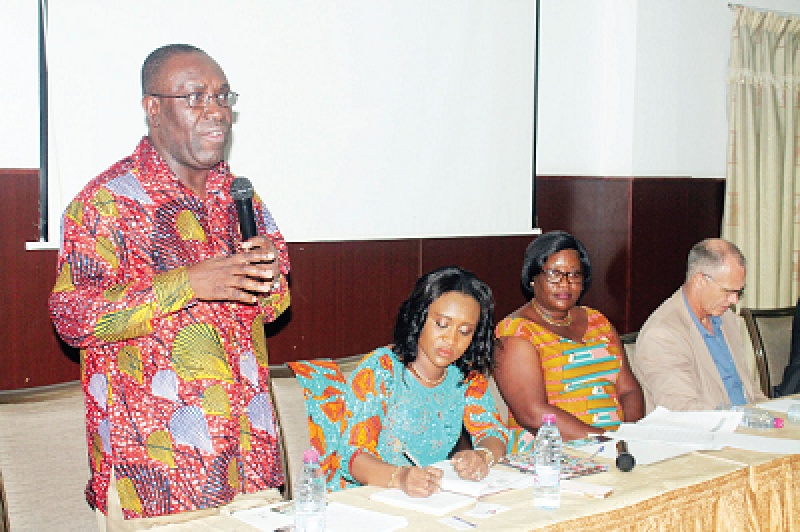
The Trades Union Congress (TUC) has called on the Public Utilities Regulatory Commission (PURC) to further reduce electricity and water tariffs by 15 and 12 per cent, respectively.
Such a reduction, the labour union said, would stimulate economic growth and empower businesses to create more jobs.
“In 2019, it is expected that the price of fuel and natural gas will reduce. Inflation is also expected to decline to a single digit and the value of the Ghana cedi is expected to be stable. Therefore, we propose a further reduction in electricity tariffs by 15 per cent and a reduction in water tariffs by 12 per cent,” a statement issued in Accra yesterday said.
According to the TUC, if its proposal for a reduction in tariffs was heeded to, it would significantly trigger the growth of Ghana’s economy.
Background
The PURC began processes for the review of tariffs this year and directed the utility companies to submit proposals for consideration by the end of October.
The utility companies — the Electricity Company of Ghana (ECG), the Ghana Grid Company (GRIDCo), the Ghana Water Company Limited and the Northern Electricity Distribution Company of the Volta River Authority and Enclave Power — will present their proposals ahead of the announcement of new tariffs by the PURC in December 2018.
Organisations, groups and the public were also expected to submit proposals to the PURC for tariff adjustments by November 12.
The statement from the TUC also made a number of proposals for consideration by the PURC in the review of tariffs for 2019.
Proposal
In the statement, the TUC said there was the need for the PURC to attach more weight to the “prudent and efficient cost of the operations of the utility companies”, adding that there were still inefficiencies in the utility sector that were being passed on to consumers.
“We expect the PURC to provide consumers with its regulatory benchmarks for efficiency to convince us that the operational costs of the utility companies are in line with the standards of best practice,” it said.
Regarding power purchase agreements (PPAs), the statement said since the government promised to review them, “we are not aware of any practical steps towards the review of the PPAs, most of which were signed under emergency conditions that can hardly pass transparency and value-for-money tests”.
“Consumers, especially working people, should not be forced to pay for the cost of electricity that results from bad policies in the power sector,” the statement said.
Following the Electricity Company of Ghana (ECG) concession which would take effect in February 2019, the statement said, although consumers were yet to be informed of the effects of electricity distribution on electricity tariffs, the PURC must ensure that the arrangement would not lead to higher tariffs.
On the agreement between the Ghana Water Company Limited and Befesa Desalination Development Ghana Limited, the TUC said it had become a big financial drain on the GWCL, adding: “It is an albatross which is draining the GWCL of $1.42 million every month in capacity charge alone.”
“The cost of operating the Befesa Desalination Plant must not be passed on to consumers,” it said.
On the recent tariff study conducted by Fitchner Management Consulting, funded by the Millennium Challenge Corporation (MCC) and the Millennium Development Authority (MDA), the TUC said the main recommendation of the study that called for the four consumption blocks of residential customers to be reduced to two consumption blocks of 0-50kWh and 51kWh must be rejected.
“A review of the tariff structure to levels that can be considered ‘cost reflective’, as recommended by the Fitchner Report, can lead to over 400 per cent increase in tariffs for small residential customers from GH¢0.39 /kWh to GH¢1.97 /kWh as a result of the removal of cross-subsidies,” it said.
The statement, therefore, advised the PURC to ignore the recommendation because if tariffs were increased to such levels, it could lead to social unrest.
Source : graphic.com.gh

































